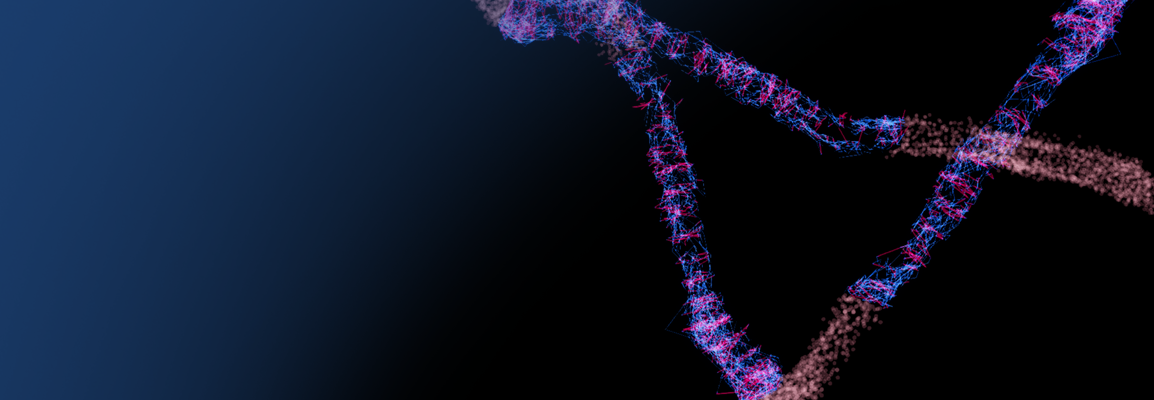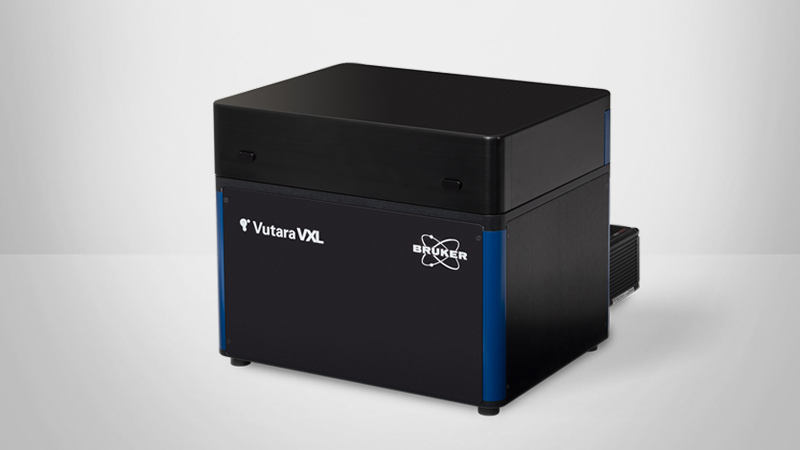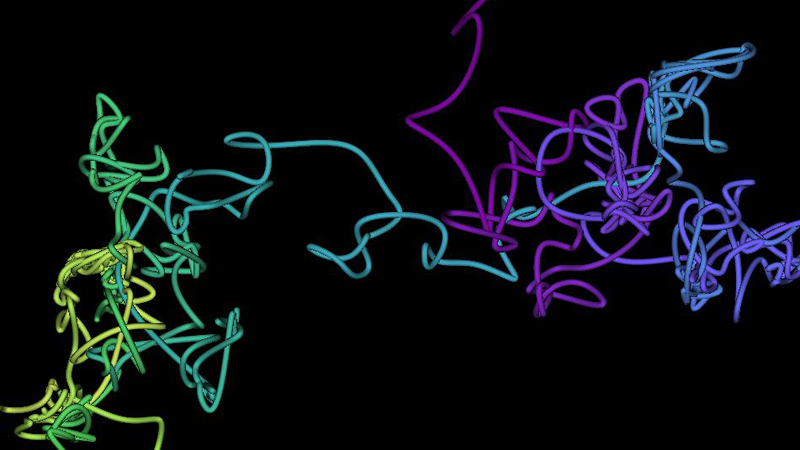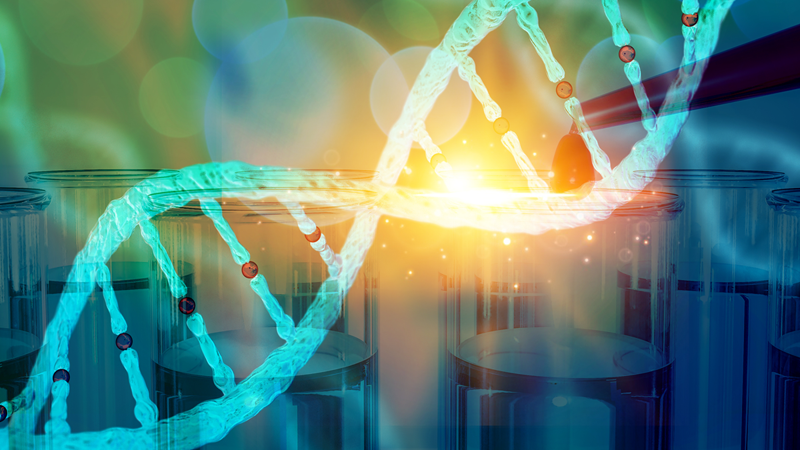

Control of Membrane Protein Motion by Submembrane Actin Ring
Capturing Dynamic Insights with Live Cell Imaging
During this webinar, guest speaker Dr. Helge Ewers, Professor for Membrane Biochemistry at the Freie Universität Berlin Institute for Chemistry and Biochemistry, discusses his work investigating plasma membrane (PM) dynamics. Learn how single particle tracking and super-resolution microscopy unravel how actin rings influence the PM of cells.
Presenter's Abstract
The compartmentalization of the plasma membrane (PM) is a fundamental feature of cells. The diffusivity of membrane proteins is significantly lower in biological than in artificial membranes. This is likely due to actin filaments, but assays to prove a direct dependence remain elusive. We recently showed that periodic actin rings in the neuronal axon initial segment (AIS) confine membrane protein motion between them. Still, the local enrichment of ion channels offers an alternative explanation. Here we show, using computational modeling, that in contrast to actin rings, ion channels in the AIS cannot mediate confinement. Furthermore, we show, employing a combinatorial approach of single particle tracking and super-resolution microscopy, that actin rings are close to the PM and that they confine membrane proteins in several neuronal cell types. Finally, we show that actin disruption leads to loss of compartmentalization. Taken together, we here develop a system for the investigation of membrane compartmentalization and show that actin rings compartmentalize the PM.
Find out more about the technology featured in this webinar or our other solutions for live cell imaging:
Featured Products and Technology
Guest Speaker
Helge Ewers, Ph.D., Professor for Membrane Biochemistry Freie Universität Berlin Institute for Chemistry and Biochemistry


